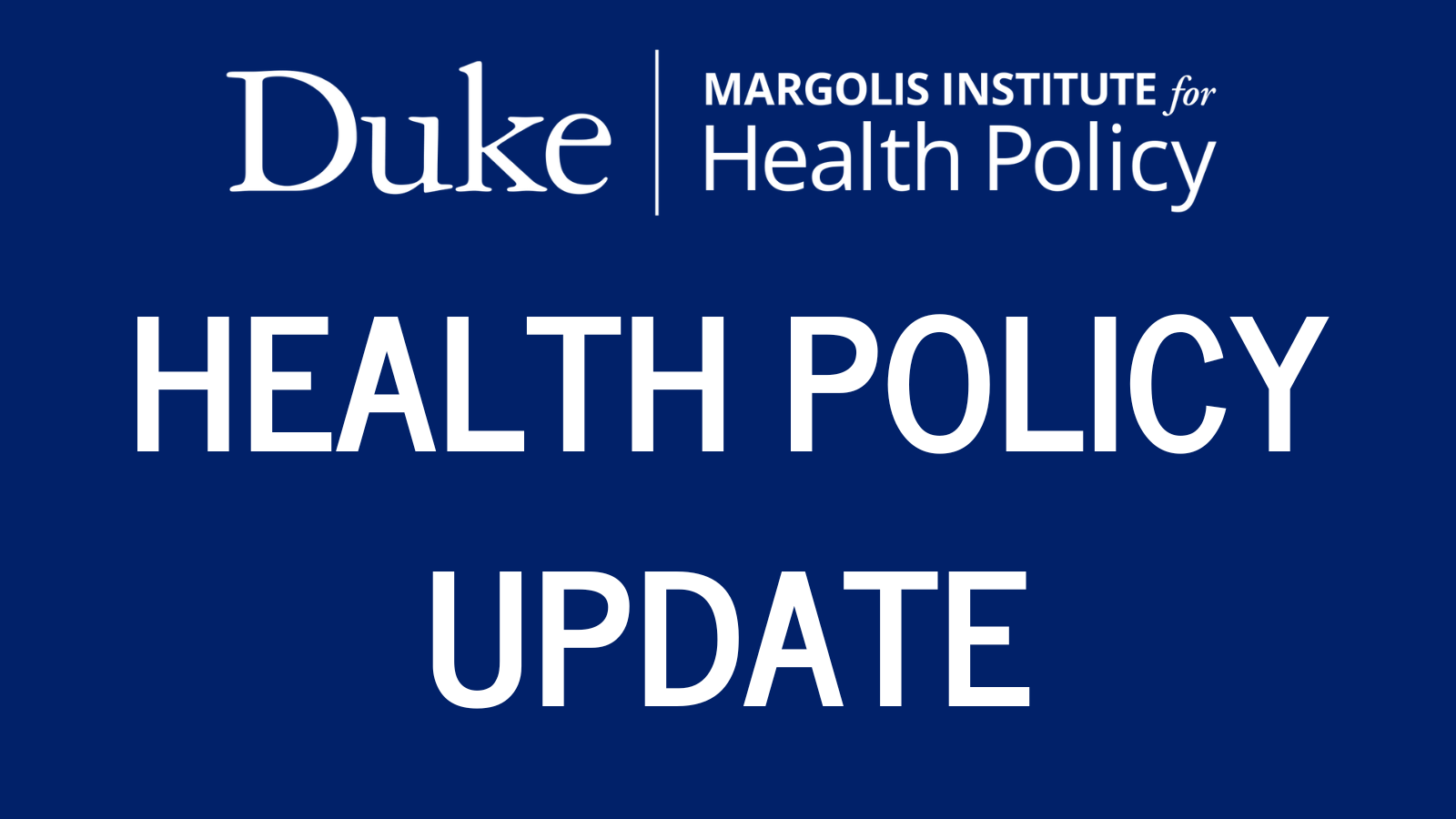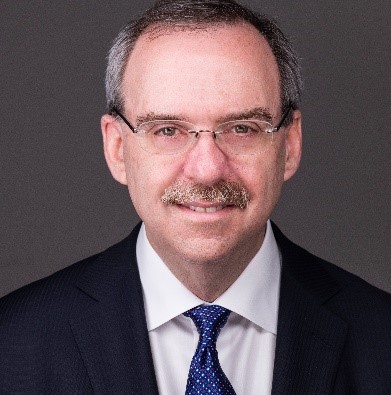
Real-World Evidence
As thought leaders in RWE, Duke-Margolis engages public and private stakeholders in this burgeoning field. Read on to find the publications, projects, news, and contact information of our real-world evidence team.
Projects Relating to Real-World Evidence
Randomized controlled trials (RCTs) are traditionally used by the US Food and Drug Administration (FDA) to evaluate a product’s safety and effectiveness. While they are the gold-standard from a research perspective, RCTs are resource-intensive and require investing significant financial, time, and human capital. Coupled with unmet clinical needs and drug-access challenges, the demands of RCTs have fueled a call to action from patients and legislators. The regulatory system needs new ways to optimize the drug development process, so the delivery of effective drugs to the marketplace accelerates—while public safety remains ensured.
A large amount of patient information is captured at the point of care. Health care stakeholders are enthusiastic to explore whether that information can inform and hasten new drug development. Called real-world data (RWD), analyzing this burgeoning data source has the potential to provide real-world evidence (RWE). In turn, that RWE can tell us about the use of drugs, drug outcomes, and it can help us understand whether drugs are performing as intended in routine care.


















